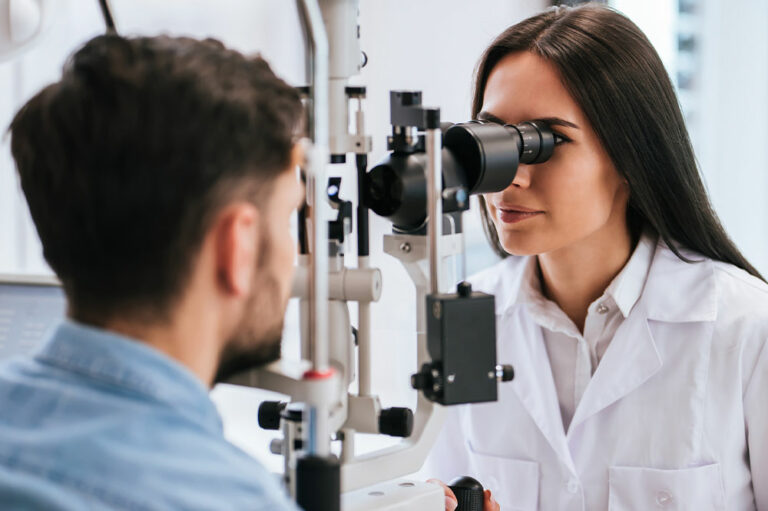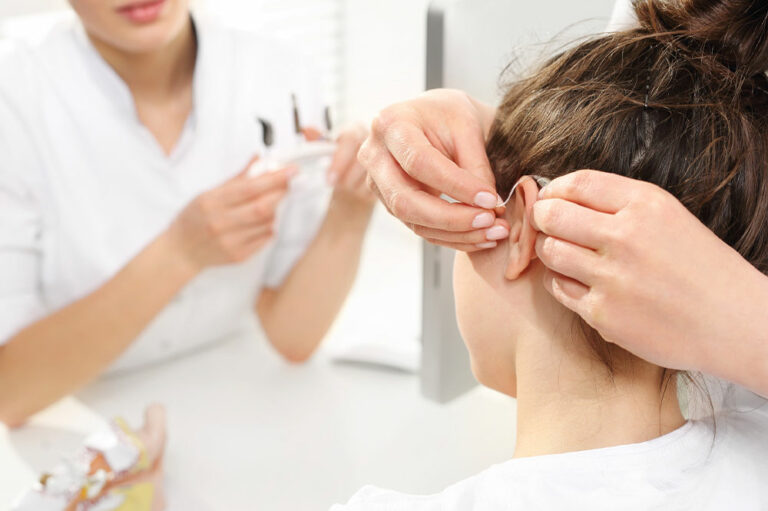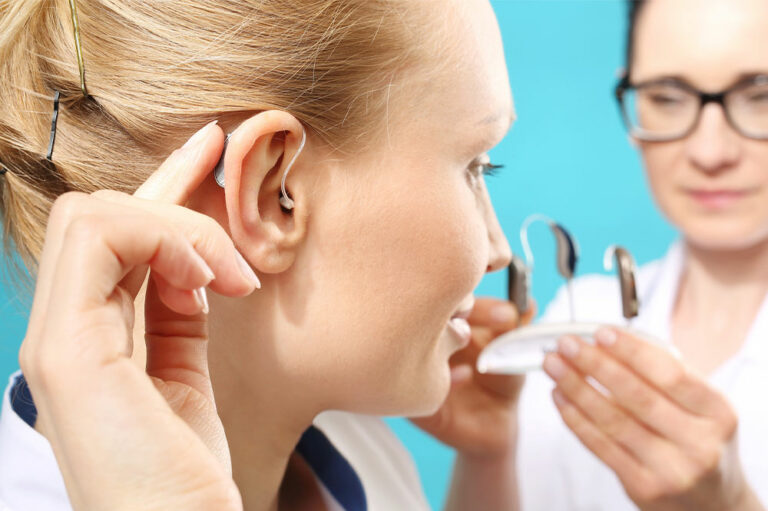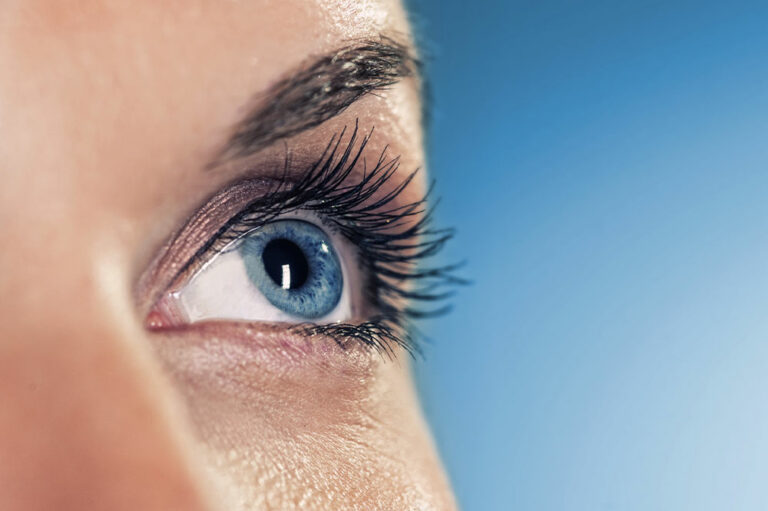
10 Important Questions to Ask a Dermatologist
There is so much information on skincare floating around – from beauty bloggers and magazines to old wives’ lore tales. Sifting through this to find what truly works for your skin can sometimes feel like a herculean task. What happens to your skin can sometimes indicate what is happening within your body. Here are a few questions to ask your dermatologist at your next appointment to improve your skin’s health and glow: How should I regularly prevent and screen for cancer? Skin cancer is a frequently diagnosed type of cancer in the country. Despite this, very few people get checked for the condition regularly. According to certain experts, when caught early, there is a 99% survival rate for those with skin cancer. That is why it is important to have a candid conversation with your dermatologist to discuss your risk factors and family history and possible ways of screening and prevention. How should I monitor my moles? Sometimes, your moles may be a cause of concern. It’s crucial to stay aware of any warning signs of skin cancer because no one knows your body better than you do. Follow the ‘ABCDE’ test to recognize signs of melanoma at home: Asymmetry :
Read More 











